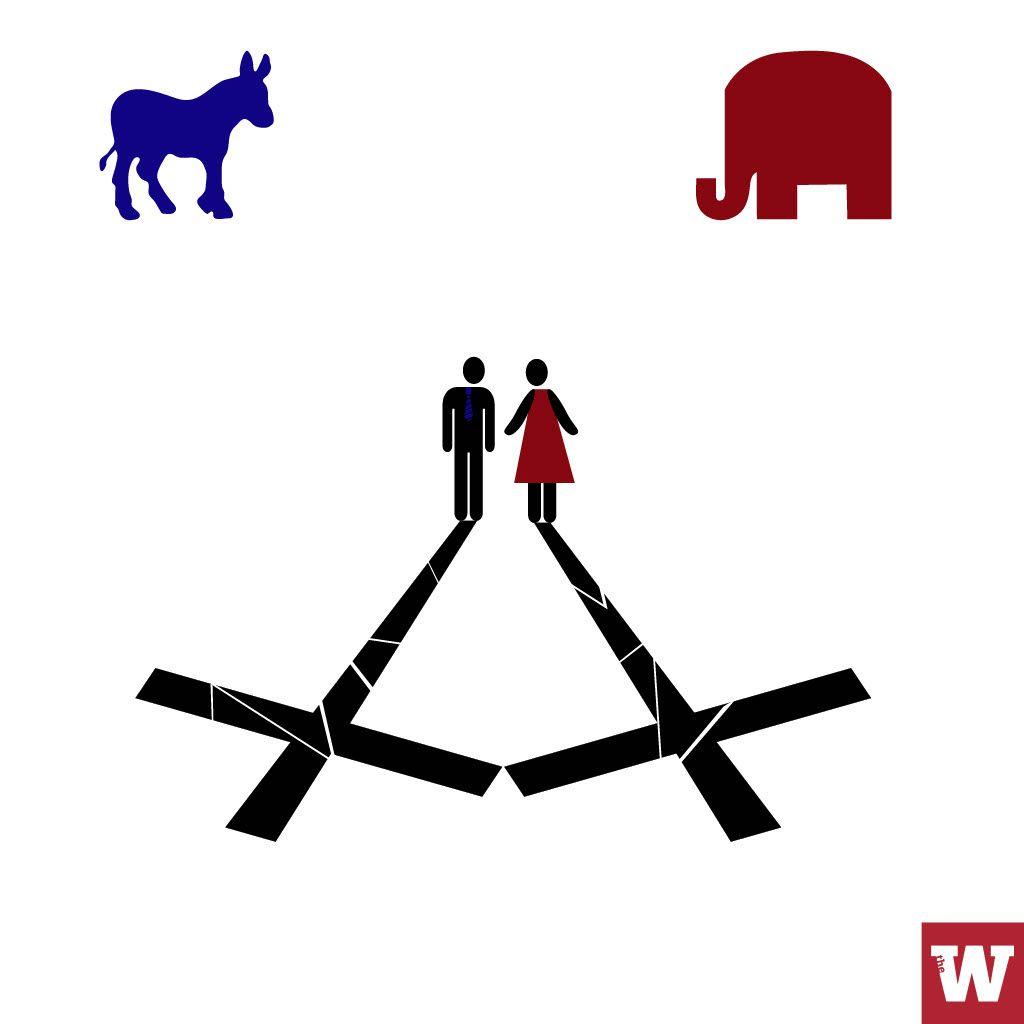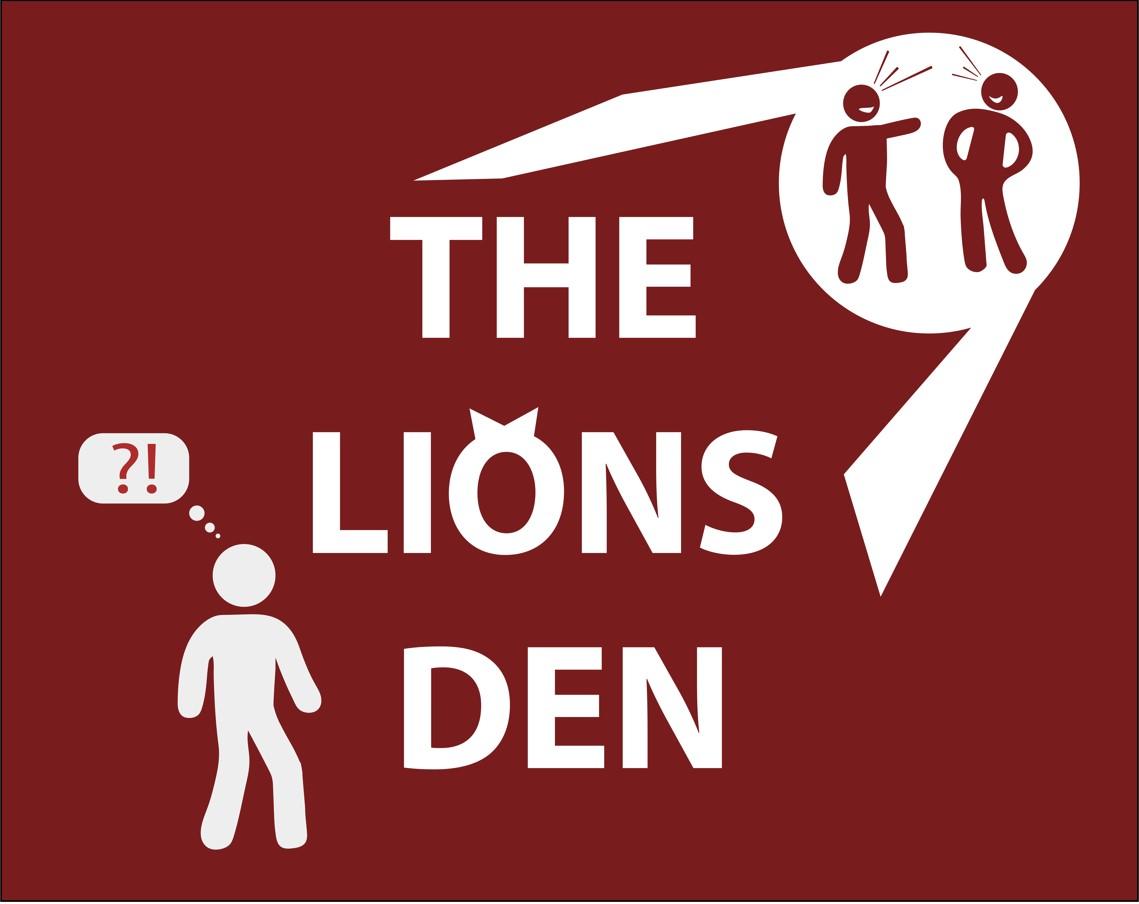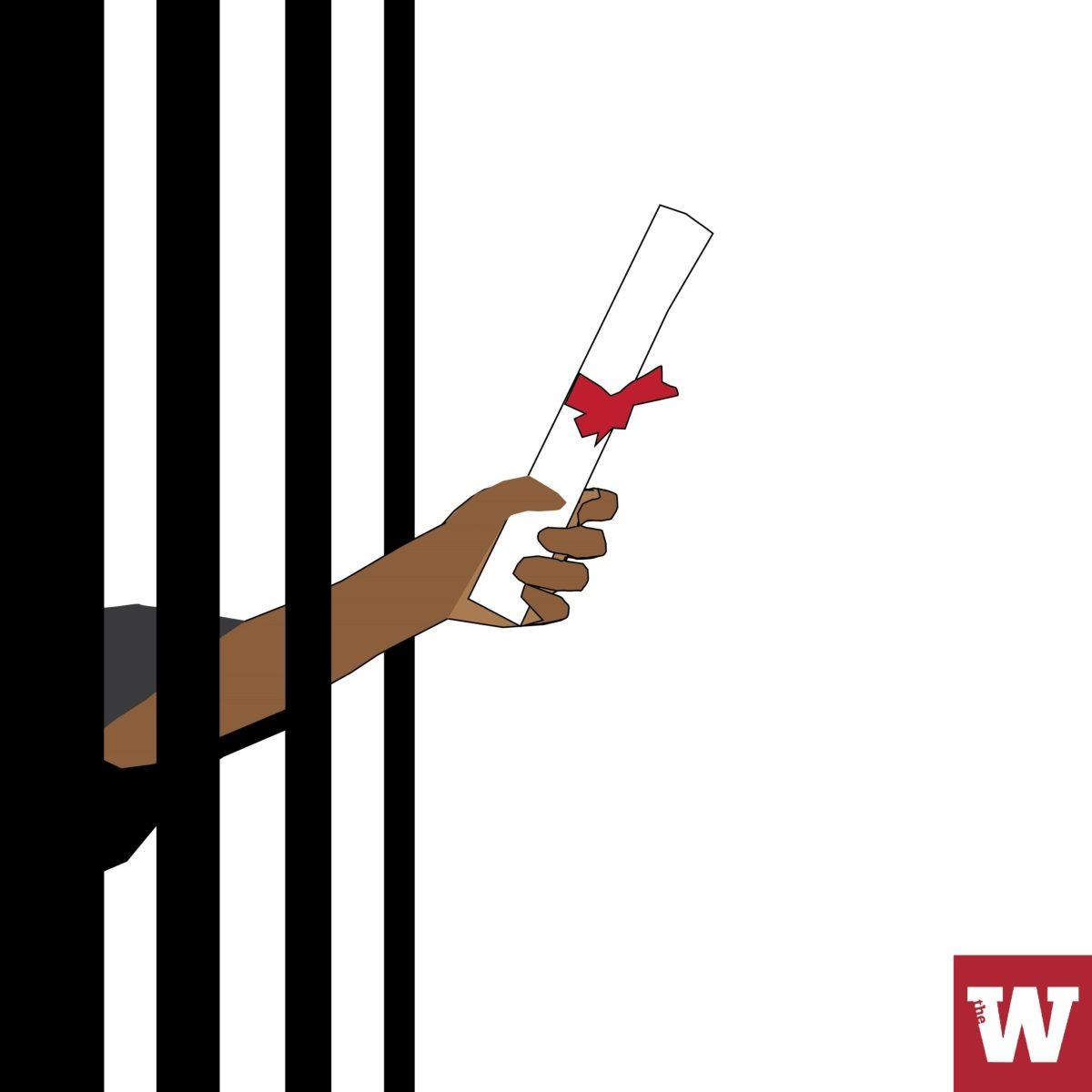By: Emma Maple, Staff Writer

I grew up being told that to be a ‘true’ Christian, I had to vote Republican. Some of my friends grew up hearing the same story—only they were urged to vote Democrat.
This idea that Christianity is essentially correlated to a major political party has been echoed around the US with increasing frequency. This concept is detrimental to Christianity, to politics and to God.
Don’t get me wrong, I know there is a tremendous role that religion can play in the political sphere. I’m not arguing for the secularization of politics. But Christians need to reverse the current direction they’re taking in the political sphere in two distinct ways. First, we need to recognize the negative effects of believing that being a Christian means voting for a specific political party. Second, we must recognize the value that can come from Christians’ involvement within the two-party political system.
Christian’s identity does not rest on their political affiliation
When insurrectionists stormed the Capitol on January 6, 2021, many of them waved Christian flags, displayed crosses on their T-shirts, carried signs that read “Jesus Saves” and even prayed for victory in Jesus’ name.
The events of last January 6th are an obvious example of the negative outbursts that can come from radical Christian nationalism. But there’s more at stake here. The attack on the Capitol is also an extreme illustration of what can happen when Christians view politics and religion as synonymous.
But we live in a nation where individuals from both major parties claim that unless you vote for their party, you’re not truly a Christian. While Christianity and evangelicalism are more often equated with the political right, this opinion is often voiced by the political left as well.
Being a Christian doesn’t mean being a Democrat. Being a Christian doesn’t mean voting Republican.
And yet too often, churches, pastors and Christians believe that their political party is religiously ‘right.’ They think there is one political party that Jesus would be affiliated with.
The idea only grew during the Trump presidency.
Historian George Marsden told the Atlantic, “When Trump was able to add open hatred and resentments to the political-religious stance of ‘true believers,’ it crossed a line.” By equating following Trump with following Christ, many individuals have turned their politics into a greater identity marker than their faith. Churches have followed suit. In the 2020 elections, two-thirds of American churches preached overtly political sermons or messages. Rather than evidencing grace, we’ve seen churches become a place to air political grievances.
This has negative effects on both religion and politics. For one, assuming that one political party is the ‘Christian’ party can decrease bipartisan cooperation. Tracey McKenzie, professor of history at Wheaton College, explained during a Faith and Law lecture that if we believe that Christians can only vote for a specific political party, then we are saying that party is the only moral choice. Under this framework, working with the opposite party would necessitate moral compromise and be non-permissible.
Christians as a whole need to recognize the negative effects that come from equating Christianity with a political party. We must recognize that due to our religious grounding, neither political party is going to be a complete home for us. We must stop tearing our nation apart by pretending that either political party is 100% correct in what they stand for.
Manuel Enrique Barrios Prieto, general secretary the Commission of the Bishops’ Conferences of the EU, summed this up by telling Politico, “Our labels, they should not be applied to Jesus.”
Don’t throw the baby out with the bathwater
This doesn’t mean that Christians should put up their middle finger and avoid partisan politics altogether. There is good that can come from involvement in these systems.
For one, if level-headed Christians remain in party politics it can help decrease the polarization that is occurring in the political sphere. Partisan politics are increasing every year, their reach affecting issues such as pandemics or Supreme Court rulings. There’s another category in politics that’s growing—the amount of people who register as independent, claiming to not be affiliated with any political party. In January of 2022, 46% people had registered as independent – higher than the registered number for either Democrats or Republicans.
These two statistics may be related. Studies have shown that political polarization went on the rise directly after the number of people who viewed themselves as independent also rose. The theory states that as politics become more polarized, moderates begin to feel uncomfortable in their parties and leave them. This only increases polarization, as the “reasonable voices” within the parties leave.
Christians may be an essential piece in breaking this negative cycle. They need to remain within the party they choose, to exercise a voice of moderation. Christians have an imperative to bring their unique viewpoint to the table. Stephanie Summers, CEO of the Center for Public Justice, sums it up by saying, “You should join a party and work towards reform, [but] within the party make clear what it is like to be a Christian in a pluralistic society and how your beliefs are rooted in a biblical worldview.”
When each of us throw our weight in with a political party, it can decrease political polarization and allow us to work for reform. But to do this, we need to make it clear that our religious basis supersedes our politics.
From the January 6 insurrection to the increased polarization, the United States political sphere can become ideologically dangerous when religion and politics are viewed as synonymous. As Christians, we have a duty to try to close that gap.
We can do that in two ways. First, we must realize that those who believe in the same God can vote for different political leaders. And we need to be okay with that. Second, we must recognize the redeeming value in being part of one of these parties.
At the end of the day, no one has it right. And we need to come to terms with that, because the only other option seems to be ripping out each other’s throats as we fight to prove that our side is the most ‘Christ-like.’












 Spokane?
Spokane?
Haley B • Apr 7, 2022 at 7:34 pm
“We need to make it clear that our religious basis supersedes our politics.” – this is great! Well done Emma!!